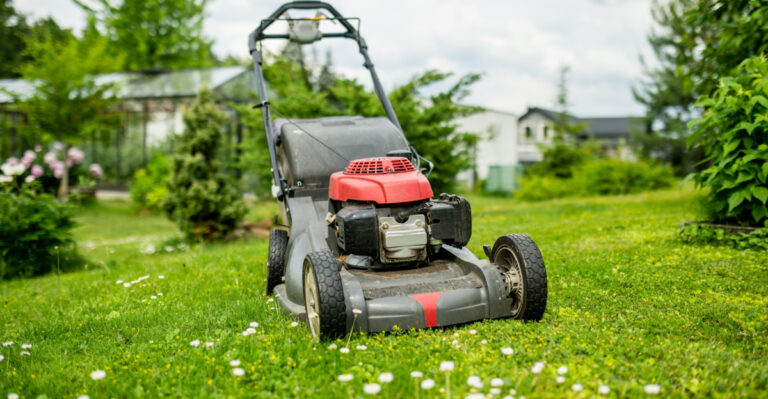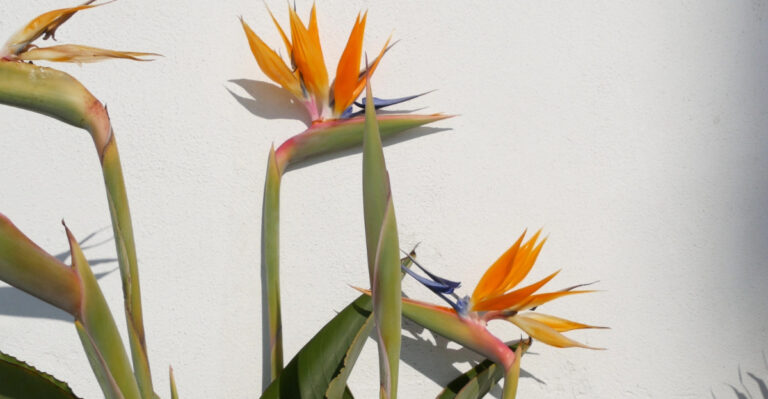What To Do When A Hedgehog Turns Up In Your Washington Garden

A hedgehog in your Washington garden can stop you in your tracks—those tiny feet and bright eyes steal the spotlight in an instant.
One moment your yard sits quiet, and the next a spiky little traveler claims the stage. This charming wanderer may look harmless, yet a wrong step from you or the hedgehog can spark trouble.
With a cool head and a bit of know-how, you can keep the peace, avoid mishaps, and give this surprise guest the safe passage it deserves.
Observe From A Safe Distance
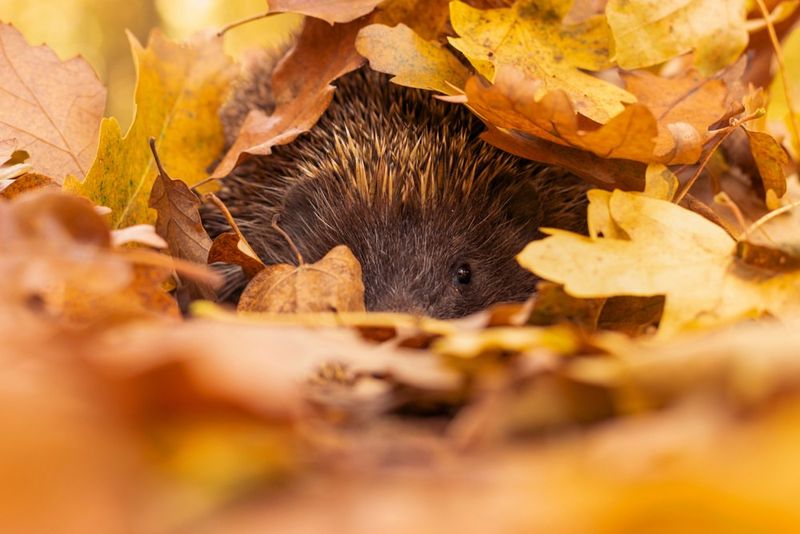
Spotting a hedgehog in your Washington yard is special, so take a moment to watch its behavior without getting too close.
Moving slowly and quietly helps you see what the little creature is doing without scaring it away.
Getting within three feet might make the hedgehog roll into a defensive ball. Keep pets indoors during this time, as dogs and cats can harm or stress these small animals unnecessarily.
Provide Fresh Water
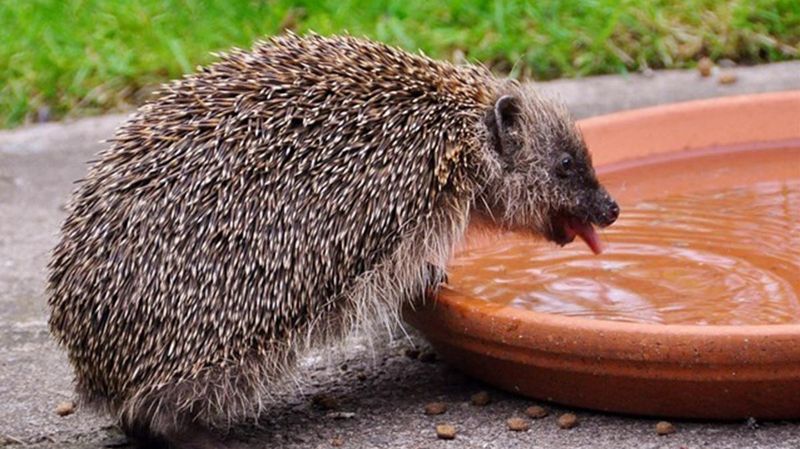
Hedgehogs travel long distances each night searching for food and often become thirsty during their journey.
A shallow dish filled with clean water placed near where you spotted the visitor offers much-needed hydration.
Avoid using deep bowls that could trap small animals. Change the water daily to prevent bacteria growth, and position the dish in a quiet corner away from busy paths or bright lights.
Check For Injuries Or Illness
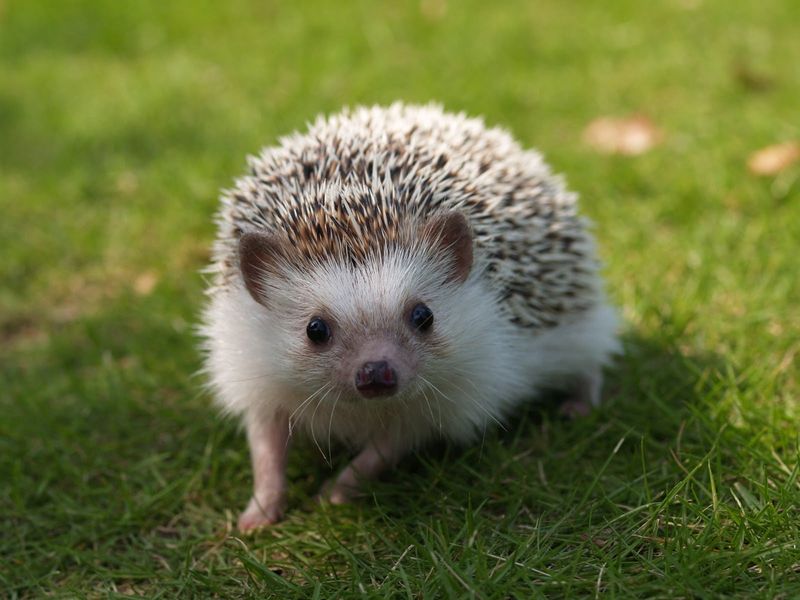
Healthy hedgehogs are active at night and move with purpose across your lawn. If you notice one stumbling, lying on its side during daylight, or appearing wobbly, something might be wrong.
Look for visible wounds, flies buzzing around it, or unusual behavior like circling. Sick or injured hedgehogs need professional help immediately.
Contact a local wildlife rehabilitation center in Washington rather than attempting treatment yourself, as improper handling can worsen their condition.
Remove Hazards From Your Yard
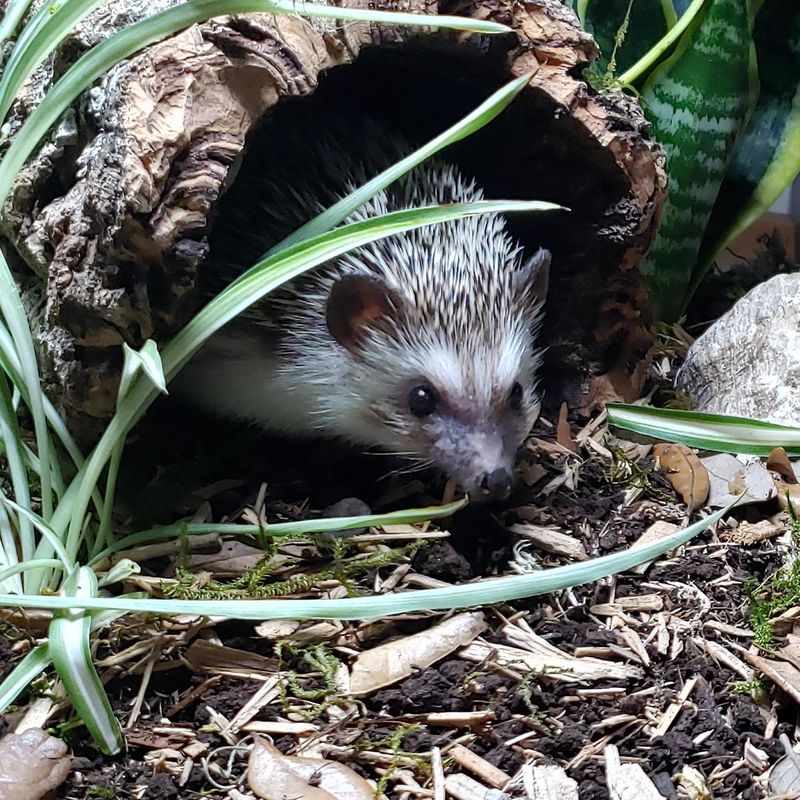
Washington gardens contain hidden dangers that can trap or hurt hedgehogs exploring at night. Netting, open drains, and steep-sided ponds pose serious risks to these curious wanderers.
Walk around your property looking for anything a small animal could get tangled in or fall into. Add ramps to ponds, cover drains with mesh, and remove old garden netting. Creating a safer environment helps hedgehogs thrive while visiting your space regularly.
Avoid Using Pesticides And Chemicals
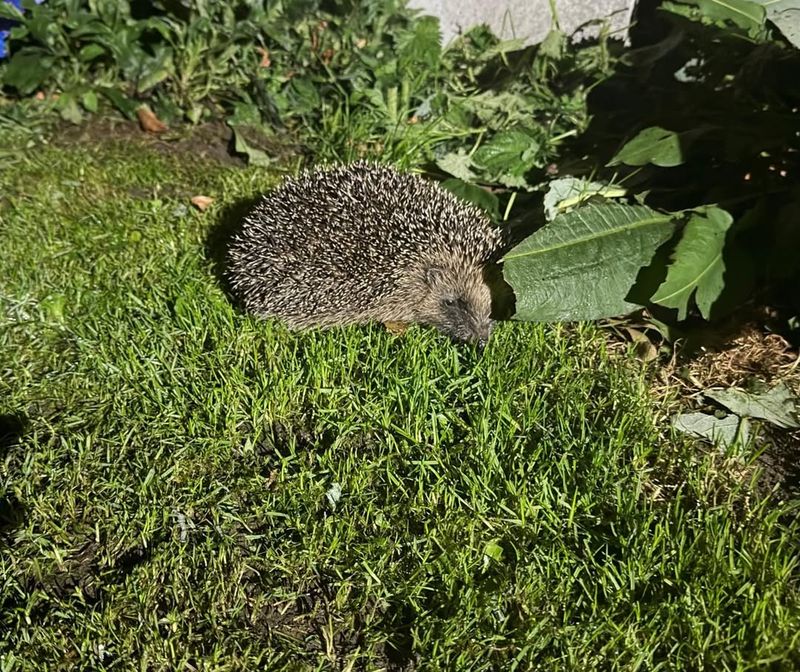
Chemicals sprayed on lawns and gardens can poison hedgehogs directly or contaminate their food supply.
Slug pellets are especially dangerous since hedgehogs eat slugs that have consumed these toxic substances.
Switching to organic pest control methods protects wildlife while still maintaining your garden. Natural predators like hedgehogs actually reduce pest problems better than chemicals. Your spiky visitor rewards you by munching harmful insects all night long without any toxic side effects.
Create Shelter And Nesting Spots
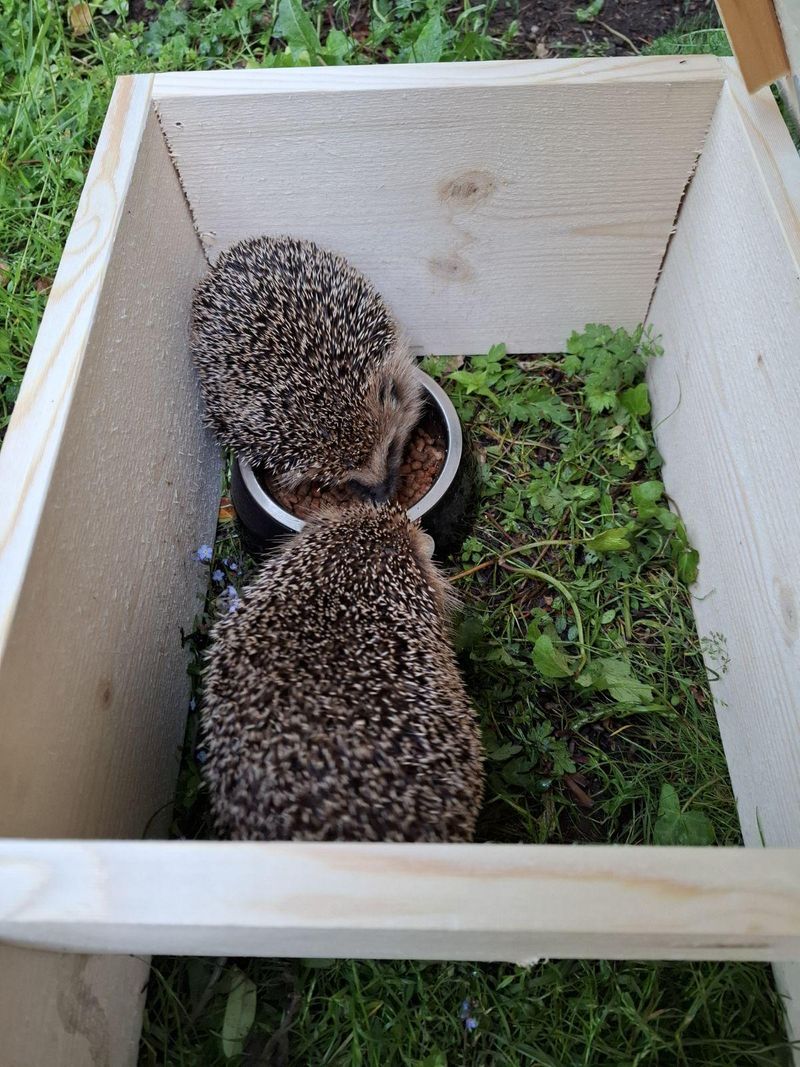
Wild hedgehogs need safe places to rest during daytime and hibernate through winter months. Piles of leaves, log stacks, or purpose-built hedgehog houses offer perfect hideaways.
Position shelters in quiet corners under bushes where disturbances are minimal. Avoid disturbing leaf piles between November and March when hedgehogs might be hibernating inside.
Providing cozy spots encourages these beneficial animals to make your garden their permanent home, controlling pests year-round naturally.
Leave Gaps In Fences And Walls

Hedgehogs roam up to two miles nightly while hunting for food and mates. Solid barriers around properties prevent their natural movement and limit access to resources they desperately need.
Creating small openings at ground level allows hedgehogs to pass through easily. A hole measuring five inches square works perfectly.
Connect your yard with neighbors by coordinating gap placement, building wildlife highways that benefit entire communities of nocturnal visitors seeking food and shelter.
Offer Supplemental Food Sparingly
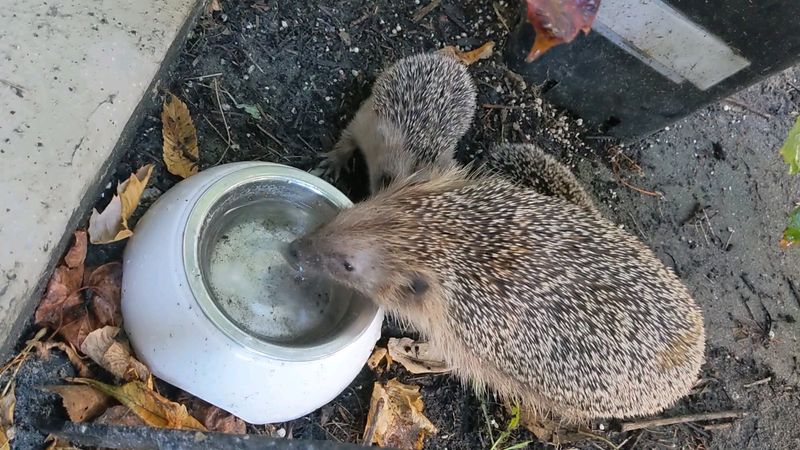
While hedgehogs find most meals naturally, occasional feeding during dry spells or autumn helps them prepare for hibernation. Cat food, mealworms, or specialized hedgehog food work well as treats.
Never give milk or bread, as these cause serious digestive problems and can be fatal. Place food in shallow dishes after sunset and remove leftovers by morning to avoid attracting rats.
Remember that supplemental feeding should support, not replace, their natural foraging behavior throughout your garden ecosystem.




